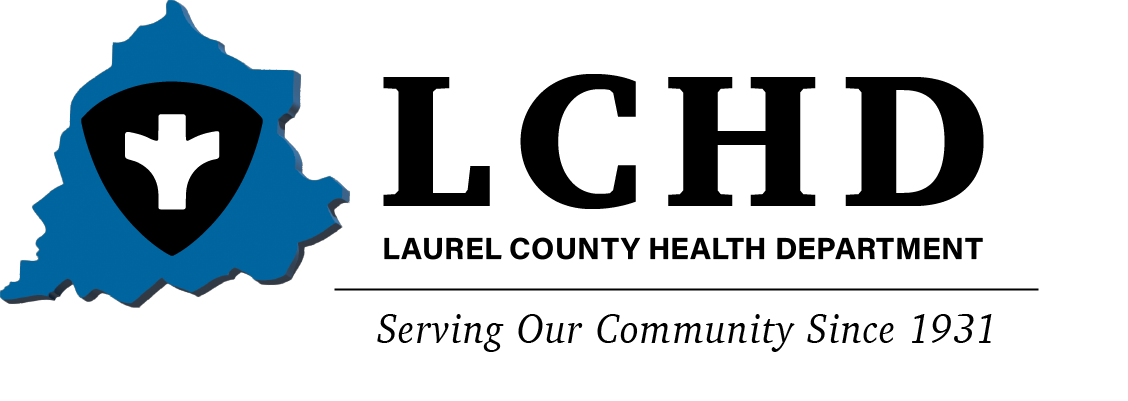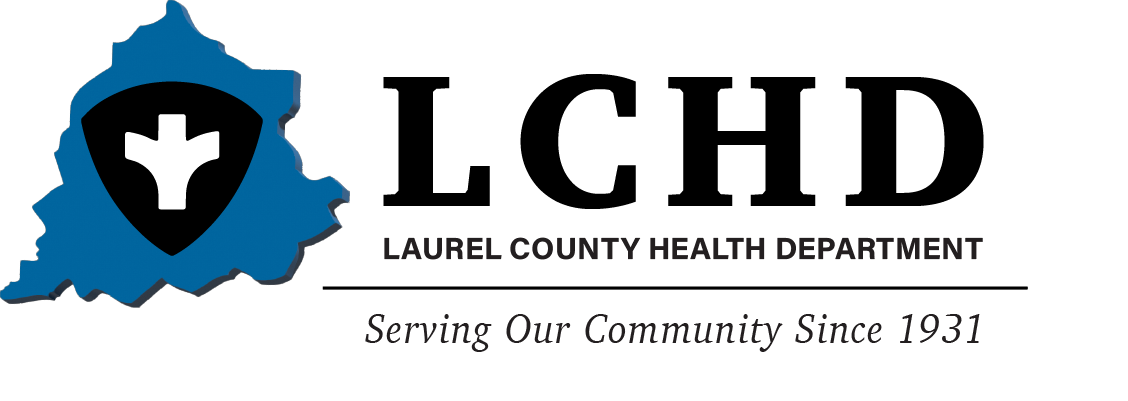Public Health Preparedness
There are many reasons to prepare your health for an emergency. They start with your family and friends and extend to your neighbors and community at large. But most Americans do not have supplies set aside or plans in place to protect themselves or their family’s health and safety in the event of natural disaster, a power outage, or a flu pandemic.
The good news is that it is never too late to prepare for a public health emergency. You can take actions, make healthy choices, and download free resources to help you prepare for, adapt to, and cope with adversity.
Learn how to prepare for, respond to, and recover from emergencies then share what you’ve learned with others to help build more resilient communities.
Create an emergency water supply. Store at least a 3-day supply of water for each person & each pet, more if you live in a hot climate, for a pregnant woman, & for people who are sick. Try to store a 2-week supply, if possible.
Prepare To Take Action:
Natural disasters, disease outbreaks, and emergencies can have widespread and even long-lasting impacts on supplies, services, and the public health and health care systems. Don’t wait for an emergency to happen to prepare. Use the time before and between events to gather essential supplies, learn self-help skills, and build the self-confidence you need to respond quickly and constructively in a crisis. When services and supplies are limited, it is important to have the personal needs, prescriptions, paperwork, power sources, and practical skills you need to respond.
Be prepared for when access to services and resources is limited by having emergency supplies that include:
Personal needs: Gather food, water, & medical supplies to last at least 72 hours.
Prescriptions: Prepare an emergency supply of prescription medications.
Paperwork: Collect and protect important documents and medical records.
Power sources: Prepare for power outages with backup power sources.
Practical skills: Learn self-help and life-saving skills to use during an emergency.

Create Community
Community health resilience measures the ability of people, businesses, governments, nonprofit groups, and faith-based organizations to work together to create systems that can withstand, adapt to, and recover from a public health emergency. Ways you can create community is to care for each other, get involved to improve everyone’s resilience, lead by example, and improve access to support the needs of the whole community.
Plan Ahead
Involve your entire family in planning and practicing how to stay healthy, informed, calm, and connected during an emergency.
-
More than a collection of names and phone numbers, an Emergency Action Plan is your user guide for how to stay healthy, informed, calm, and connected in an emergency. Below are some of the simple things you can do to start on a plan for your family. Remember to review your plan every six months and to update it as necessary; for example, if you move, change jobs, add to your family (i.e., a child or a pet), or experience another significant life event.
Find phone numbers for your physician, pediatrician, pharmacist, counselor, and veterinarian. Other important numbers you should know include:
• Poison Control Center: 800-222-1222
• Animal Poison Control Helpline: 888-426-4435
• Disaster Distress Helpline: 800-985-5990 or text TalkWithUs to 66746
Collect and protect important paperwork, such as:
• Advance directives (e.g., behavioral health, living wills and power of attorney forms)
• Food allergy and anaphylaxis care plan
• Cancer survivorship care plan
• Emergency care plan for children with special healthcare needs.
Ask a friend or relative who lives outside of the immediate area—preferably in another state—to be your family’s Out-of-Town Contact.
Identify a shelter-in-place location inside your home, a “sick room” that can be used to separate sick household members from those who are healthy, two (2) emergency meeting places outside your home where your family can reunite in an emergency, and at least two (2) ways out of every room in your home.
Locate boarding facilities or animal hospitals where you can lodge your pets in an evacuation. Contact a local animal shelter, animal control, or a relief organization if you need help or have questions.
Ask your employer and your child’s school or daycare for copies and an explanation of their emergency plans. Does the school have a family reunification plan? What are the sick-leave policies and telework options at your work?
-
• Stay Put—Learn How to Shelter in Place
• Making Water Safe in an Emergency
• Reuniting with Children in a Disaster
• Make a Plan: Individuals with Disabilities (FEMA)
• Resources for People with Disabilities and their Caregivers
• Preparedness for Expectant and New Parents
• Public Health Matters: Autism and Preparedness
• Disaster Information for People with Chronic Conditions and Disabilities
• Natural Disaster Resources for Families Affected by Autism
• Emergency Preparedness Checklist for People with Thalassemia
• Emergency Preparedness and Response for People with Blood Disorders
• Emergency Preparedness Resources for People with Disabilities and their Caregivers
• Personal Preparedness for Older Adults and Their Caregivers
• Children and Youth with Special Healthcare Needs in Emergencies




